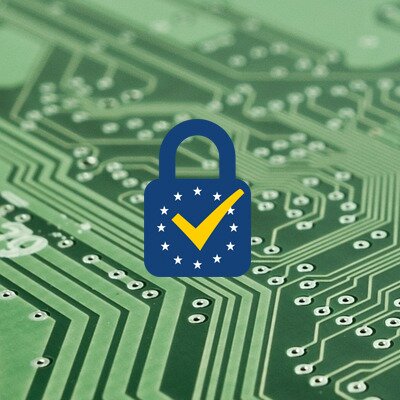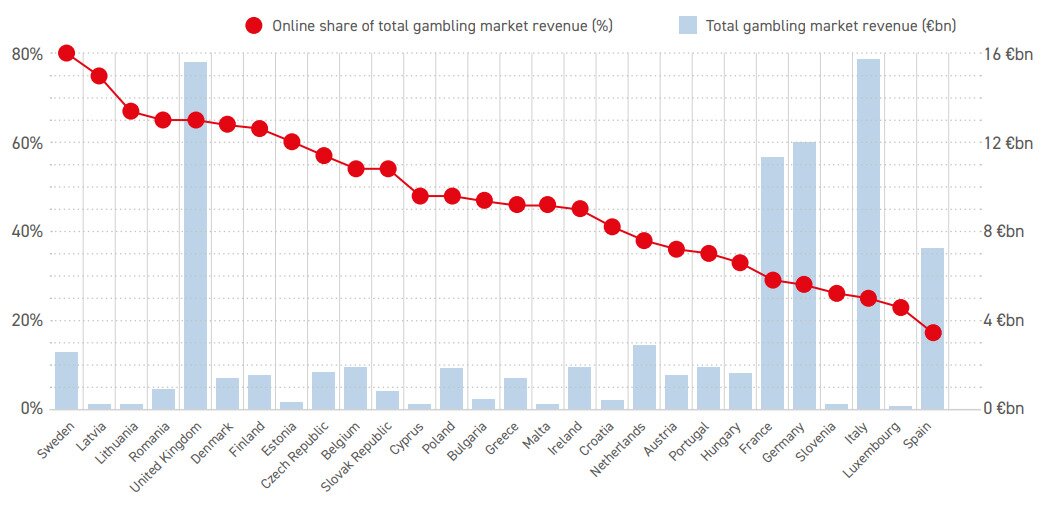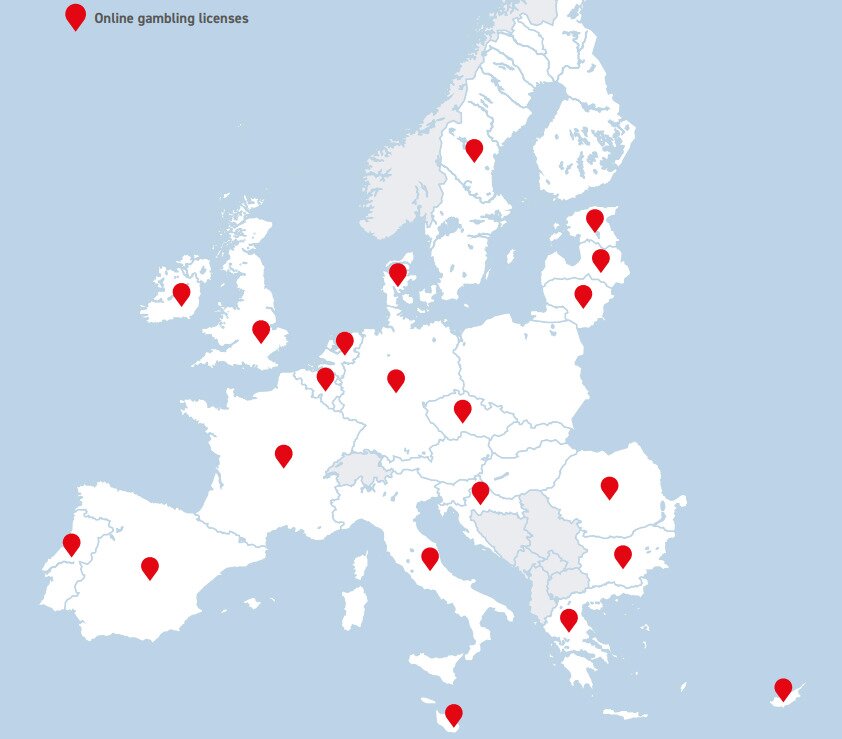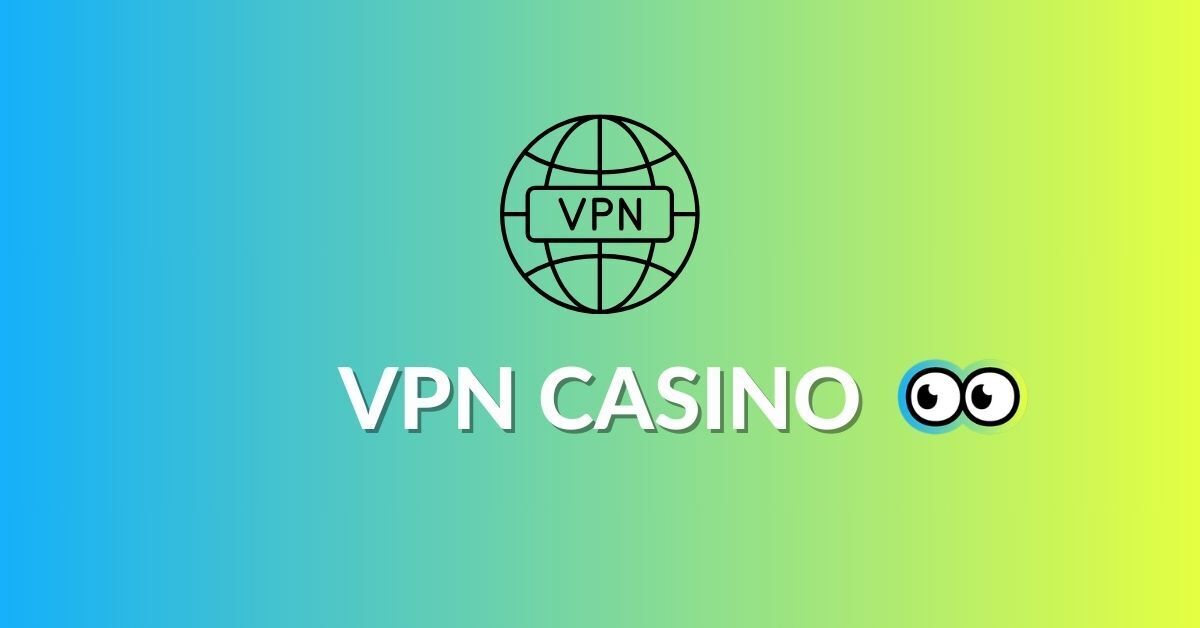How EU wants to Harmonize the Online Casino Industry with eID
From cucumbers to casinos, harmony has always been a goal for The European Union. With green light from the council, the revolutionary EU-wide digital identity (eID) is one step closer to become reality. In this article we explain the most relevant parts for online casino players and explore how it will affect us.
European Digital Identity Wallet also for Online Casinos
Most EU countries are already using some form of digital identification system. But for many, these are only meant for government purposes, such as tax agencies or healthcare. Usually, people wanting to play at online casinos still need to send in copies of their passport or driving license.
Now the EU is working to create a single European Digital Identity (eID) that would also work commercially across borders. The proposed eID could store all important data about a person, including name, age, address, email, IBAN bank account numbers, and even COVID vaccination status.
Vasiliki Panousi, Manager EU Affairs at European Gaming and Betting Association (EGBA), sees how the eID will give online casinos benefits in four areas:
- Harmonization of KYC & AML processes for operators.
- Help operators fight against frauds and underage gambling.
- Quick and easy verification improves the player experience.
- Protect vulnerable persons from spending too much money.
This new proposed law is a continuation of the eIDAS regulation from 2014, that created the base for cross-border online transactions. In December 2022, the council announced the version of the law that they are ok with (“general approach”). Now it is the European Parliament’s turn to do the same. After this, the both EU instances will start negotiations and create a final version that both approve.
When exactly this eID will become available to the public remains a question mark. In her article A European Digital Identity And Its Effect On Online Gambling, Vasiliky Panousi continues to inform about the timeframe:
It is difficult to predict how EU citizens will respond to the use of an e-ID, at least on a practical level. The Commission has set a target that by 2030, 80 percent of EU citizens will be using these e-ID wallets.
Online Gambling Has a Big Market Share in Northern Europe
There are around 30 million online players in the Europe as a whole. But looking at each individual country, the role online gambling plays really varies. For example in Spain, where the green-vested lottery ticket sellers can be seen on almost every street corner, online accounts for less than 20% of the country’s total gambling market revenue.
In Sweden the situation is the opposite. There 80% of the revenue comes from online gambling. This is the highest online share any country has in Europe. You can see a similar trend in other Nordic countries and the Baltics, with online market shares between 60% – 75%.
Source: EGBA Key Figures 2022
With millions, and sometimes even billions, of euros at stake per country, it is no surprise that the local governments are keen to introduce their own license systems for online casinos and betting sites. This allows them to tap into the revenue by introducing taxes and other fees for the operators.
A local license also allows the government to better protect and control its citizens. The COVID-pandemic was a prime example of this, when several countries introduced spending limits and bonus restrictions. However, studies done afterwards showed that the measures also caused more players to jump from one casino to another.
More Local License Systems and Less Gambling Monopolies
Around 20 different online casino licenses exist in Europe. Finland, one of the last remaining state gambling monopolies, is also talking about changing their setup to a license model. Most likely it will be a model similar to what Sweden introduced back in 2019.
On the other hand Norway, not part of the EU but a member of the EEA, is still holding tight to its monopoly. With the help of payment blocks and similar measures it tries to keep the Norwegian casino enthusiasts away from foreign sites.
Most license providers are only targeting their own country. The exception are the Malta Gaming Authority and Eesti Maksu ja Tolliamet (Estonian Tax and Customs Board). These both offer international licenses for the European Economic Area and beyond.
Source: EGBA Key Figures 2022
Big Brother Wants to Stop You from Playing Abroad
While some industry spokespersons have long lobbied for an EU single market for online gambling, there are no signs of this happening in the foreseeable future. With that said, EGBA announced in January 2023 that they are working with CEN to create standards for online gambling, which will include responsible gambling policies.
Many license providers offer people self-exclusion tools. With these, those wanting to take a break from playing online can easily do so from one place. But with the current system it is easy to continue playing abroad. For example, if one block themselves from all locally licensed sites, they can still play at online casinos with a MGA license or Estonian license.
As Vasiliki Panousi mentions, The European eID could put a stop on the above scenario. However, the risk is that people would turn their eyes to casinos licensed outside EU. While there certainly exist many serious Curacao Casinos, not all of them have as strong focus on customer protection as those in the EU.
There are many other motivations why people choose international casinos instead of their local counterparts. More freedom, better bonuses, different payment options and a bigger game catalogue are some of the reasons. And if you stick to sites within the EEA, you don’t have to pay tax on your winnings.
Local governments are trying to prevent people from playing abroad with various levels of success. Informational campaigns or fear mongering is one way, while attacking the money flow to a casino is another. “If none of the good payment methods work how are players supposed to deposit?“ is the logic behind this strategy.
How will the eID Affect Foreign Casino Payments?
An electronic identity verification is nothing new in the casino industry. Trustly was the first company to introduce automatic verification using BankID in 2015. This reduced the need for players to send in documents to prove their identity, address, and payment method ownership.
Over the years other fintech companies joined the battle. In 2023, casino players can choose between several providers, such as Zimpler, Brite and Sofort. These all are connected to the players bank and gets the data from there.
License providers usually work together with the local banks to block payments to outside casinos. This is the reason why for example some Scandinavians have experienced their credit/debit cards not working when trying to make a deposit. But “necessity is the mother of invention” and many e-wallets and other intermediaries have popped up to help these players.
In 2022, it was the popular instant transfer providers Trustly’s and Zimpler’s turn to say goodbye to the foreign licensed casinos. Now, Scandinavians wishing to continue playing abroad need to send in different documents for manual verification just like old times. Many of them feel it is too much hassle and go back to the local casino/casinos instead.
While some single-country non-bank electronic verification options already exist, we have to wait until the EU-wide electronic identity solution becomes available to see if this will help the players in this situation or not. The future will also show how much the new eID will speed up the withdrawal process.








